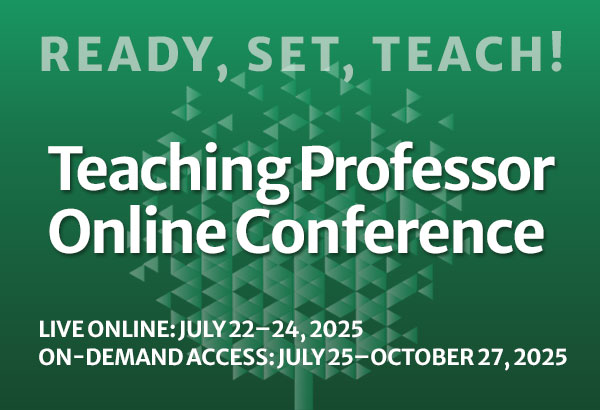
Vulnerabilities and Realities: Concealable Identities in the Classroom
I often wear sunglasses on my walk from my parking spot on campus to my office. I recently realized that when I have them on, I am seeing but not really seeing. The shaded lenses provide a buffer from the world. I stroll by a












